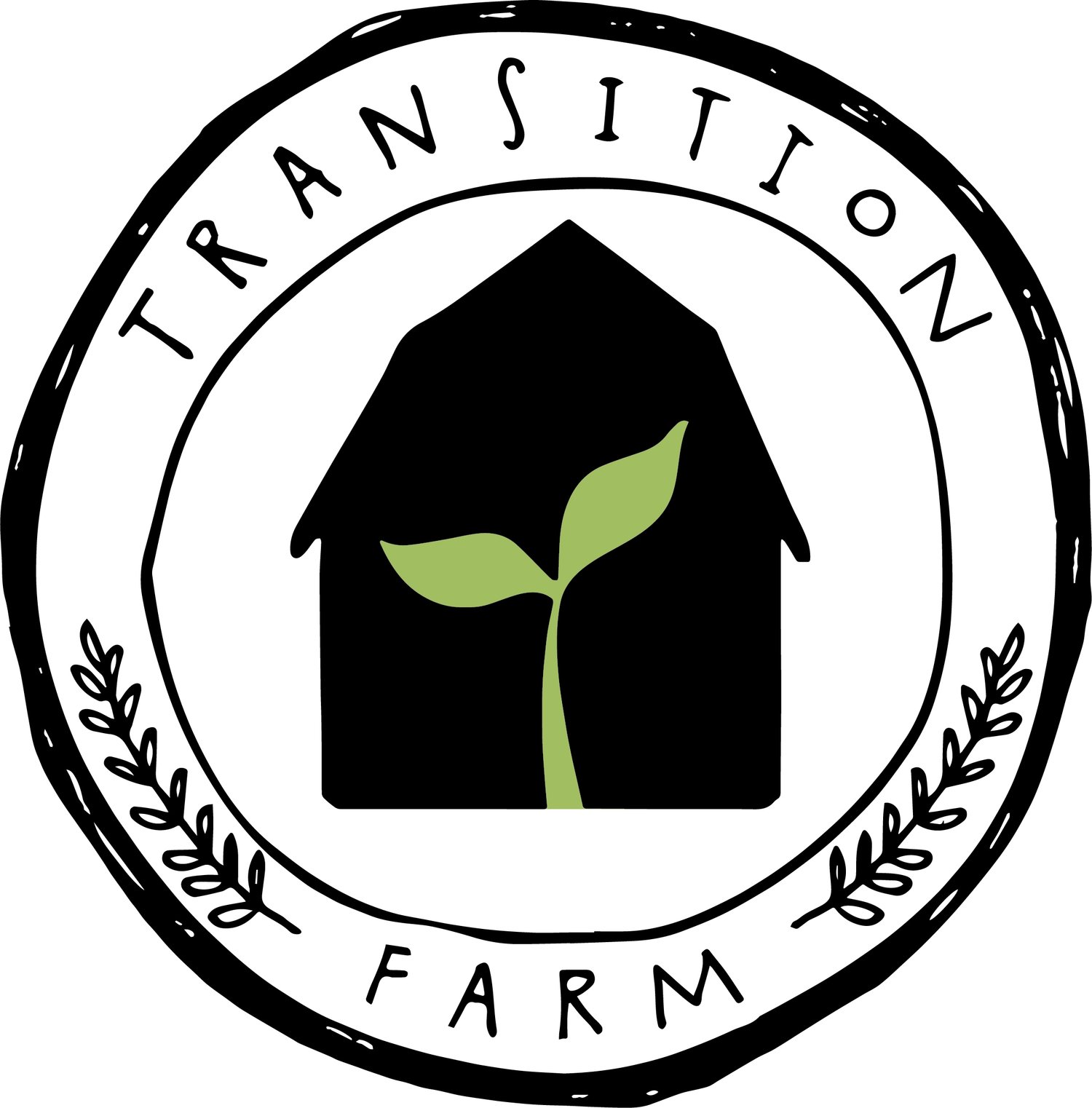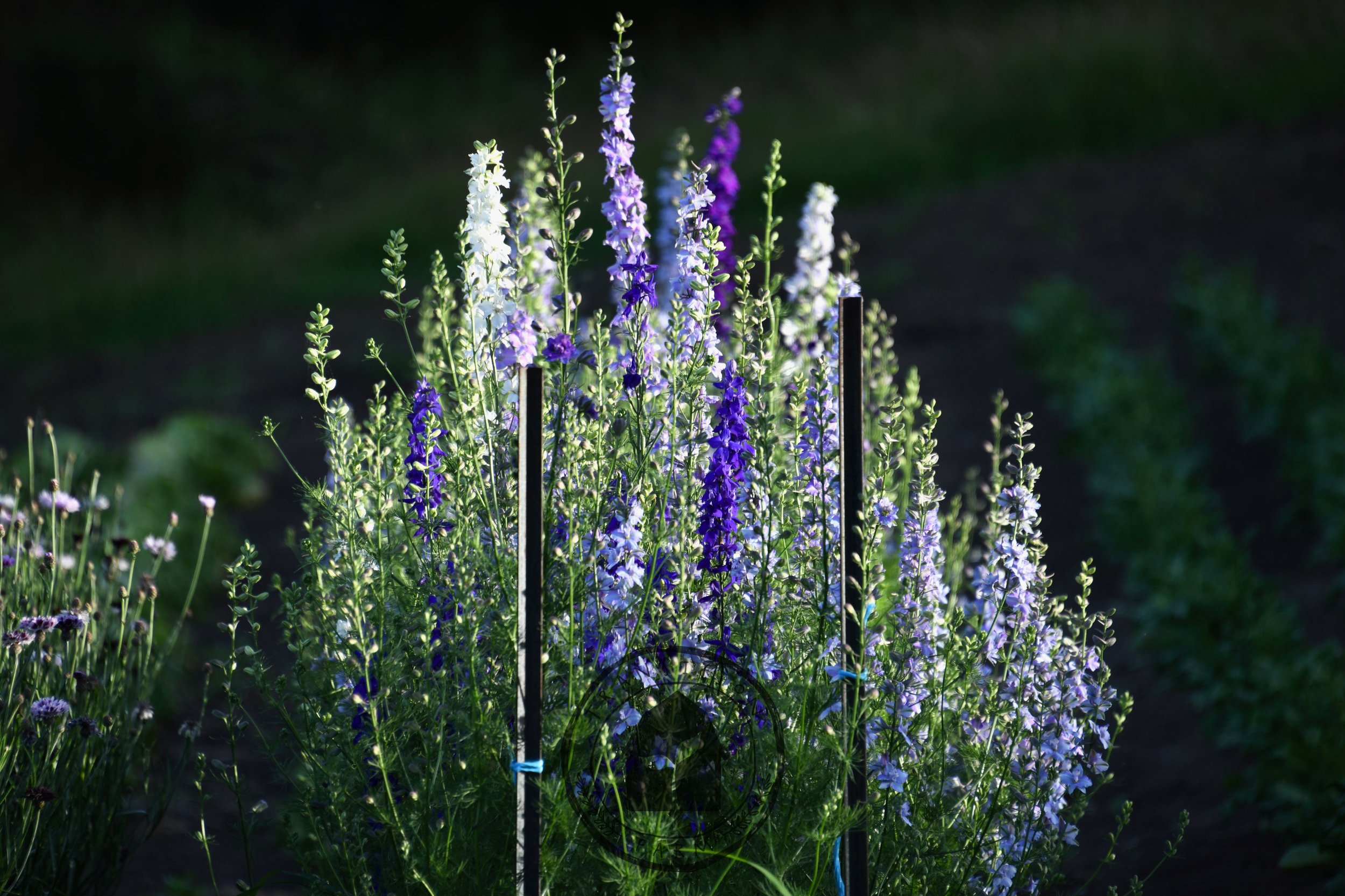Biodynamic Gardening Notes 12 - 19 October
/Wednesday, 12th is the full moon, the apogee of the moon (when the moon is the furthest from the earth) at 12:06 and Moon and Saturn in opposition to each other. The Moon and Saturn in opposition cycle occurs every 27.5 days. "The Moon forces bring in the calcium processes which are connected to propagation and growth. The Saturn forces bring in the silica processes which connect form and structure. The balancing effect of these two influences streaming into the earth produces very strong plants from seed sown at this time. Tests have shown the 48 hours leading up to this event is optimal time that overrides even the ascending, descending and moon in constellations for best planting time." (Biodynamic Resource Manual, 54) During Apogee there is always multiplicity of form, and it appears to be a good time to plant potatoes as these multiply. Seed sowing should be avoided 12 hours either side of the apogee as it does bring a stress period (Biodynamic Resource Manual, 53).
With the full moon on Wedensday, the moon enters its third quarter and waning time. It is still descending until Monday 17th. Activities that take advantage of the descending moon include making and spreading compost, transplanting seedlings and trees, taking and planting cuttings, cultivating soil and spraying horn manure preparation 500 with manure concentrate and horn clay. View our previous post for more information about preparation 500.
Maria Thun offered that each activity we do for a plant such as seeding, transplanting and cultivating, when performed on the corresponding moon, further emphasize that quality in the plant. For example, when we transplant cabbage seedlings during a descending moon in a leaf sign, we are taking advantage not only of the descending moon pulling the forces of that plant down and into the roots to minimize transplant shock, we are also emphasizing the leafy quality of the cabbage.
On Monday, the moon begins to ascend - the earth breaths out. The ascending moon is favourable for seed sowing and application of horn silica prepartion 501. 501 increases photosynthesis, protects against fungal disease and balances atmosphere for insect attack. With the increase in moisture predicted for this October, application of 501 may help all plants and especially those prone to fungal diseases such as fruit trees and tomatoes. 501 is best applied when Moon is in opposition to Saturn, Wednesday 12th. Apply at sun rise as a fine mist after stirring for one hour using the vortex stirring process.
On Wednesday 12, the moon is in a a water sign. Water signs are favourable for leaf plants. These include all the plants whose leaves we harvest: cabbages, cauliflower, parsley, coriander, lettuce, spinach, bok choy, silver beet, asparagus and fennel.
On Thursday, Friday and Saturday until 13:59, it is in a fire sign. Warmth or fire signs are favourable for fruit plants. These include all plants whose seed fruit we harvest: beans, peas, grains, cucumbers, squashes, lentils, corn, capsicums, rice, soya, tomatoes, zucchini, strawberries and fruit trees.
It then moves into an earth sign until Tueday 18th at 01:42. Earth signs are favourable for root plants. These included all plants whose roots we harvest: carrots, parsnips, radishes, beetroot, celeriac, swedes, potatoes, onions and garlic.
For the rest of Tuesday and Wednesday it is in an air sign. Air signs are favourable for flower plants. These include all the plants which are grown for their flowers, and where we want a long flowering time: garden flowers, medicinal and preparation flowers, bulbs and broccoli.
Crops that can be sown during this month are globe artichokes, asparagus, beet root, carrots, coriander, cucumbers, parsnips, peas, potatoes, radishes, rocket, spinach, spring onions, sweades, turnips, winter squashes and pumpkins. Crops that can be transplanted are basil (with protection), broccoli, cabbage, capsicum (with protection), cauliflower, celery, Chinese greens, corn, eggplant (with protection), flowers, leeks, lettuce and salad greens, onions, parsley, silver beet, tomatoes (with protection) and zucchini and summer squashes.
For more information about our Biodynamic Notes, visit About our Biodynamic Notes
-Gardening Notes are compiled using Brian Keats Antipodean Astro Calendar; Maria Thun's Gardening for Life; Biodynamic Agriculture Australia's Biodynamic Resource Manual; Peter Cundall's The Practical Australian Gardener; and the experiences and farm practices on Transition Farm
For more information about the Antipodean Astro Calendar, Biodynamic Planting and research and more visit Brian Keats' website at http://astro-calendar.com/index.htm
For more information about Biodynamics and to purchase biodynamic preparations visit Biodynamic Australia at http://www.biodynamics.net.au/













